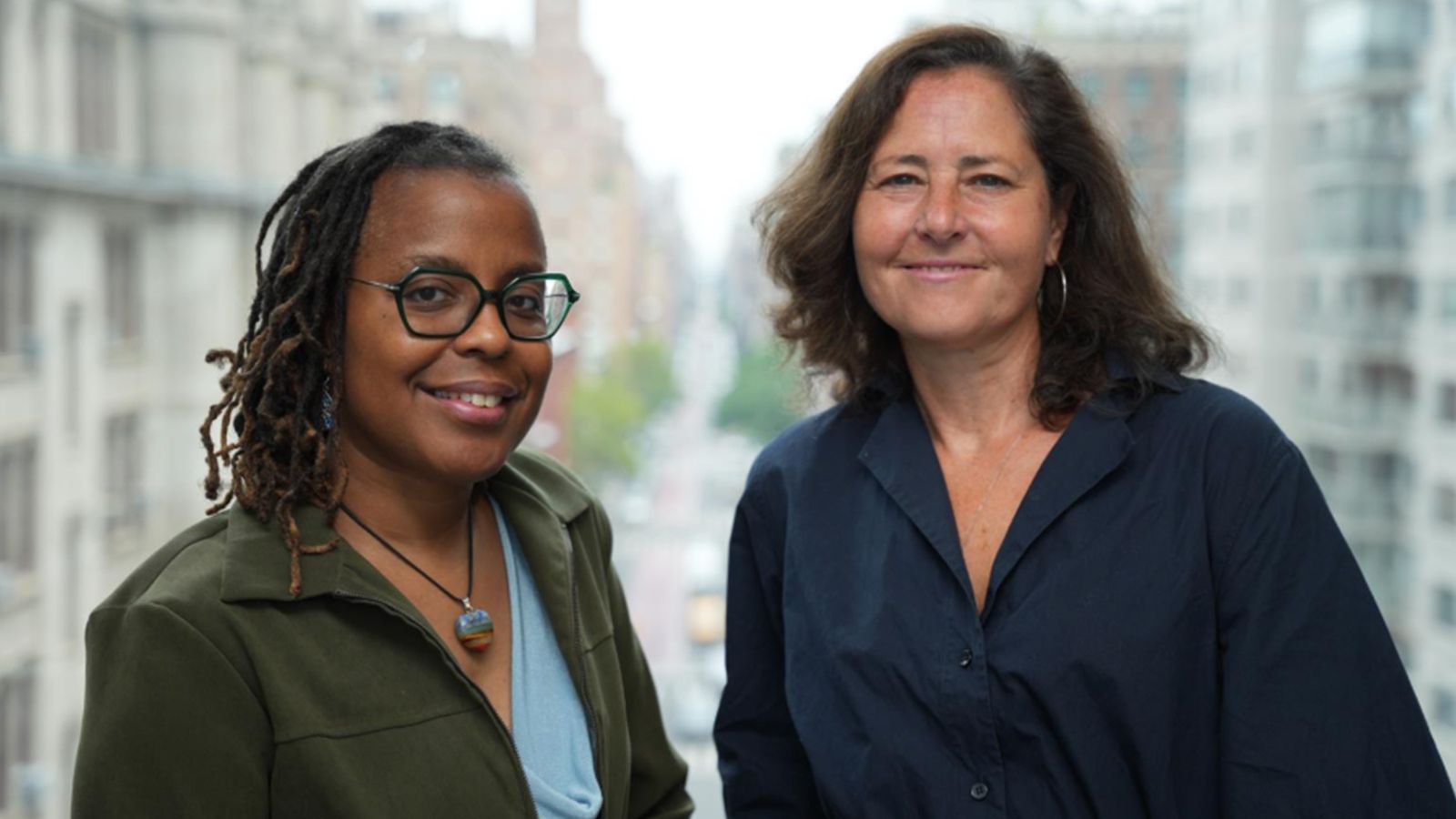The Humanities Action Lab — a high-impact social-justice coalition of universities, issue organizations, and exhibition spaces based in more than 40 cities — is moving to Hunter College.
The 10-year-old coalition, which was most recently hosted at Rutgers-Newark, compellingly elevates the visibility of global challenges and solutions by collecting stories about how those issues are experienced locally in different communities. The project engages teams of university-based scholars and community members in more than 40 cities across the United States, as well as in several other countries, to demonstrate vividly how issues such as climate change and mass incarceration play out in the lives of millions every day. Projects have included the Guantánamo Public Memory Project (on the U.S. naval station in Cuba used as an offshore detention center), States of Incarceration (on American jails and prisons), the Rikers Public Memory Project (including more than 100 oral histories of the Rikers Island jails) and Climates of Inequality (on the siting of polluters in poor communities).
Hunter President Nancy Cantor said that it represents a new paradigm for changemaking.
“We are thrilled that Hunter will be the new home of HAL, which has been enormously successful at mobilizing grassroots action to address pressing public policy issues,” she said. “By catalyzing collaboration between universities and communities in many different locations where everyone brings their expertise and lived experiences to the table, it powerfully demonstrates that the local is not parochial, that we are all connected, and that collective action is the way forward to address even the most complex challenges facing our world. Hunter College faculty, staff, and students already are engaging communities near and far in this way and on some of these very same issues, so I can’t wait to see how we can amplify the impact of both HAL and Hunter, building something that is more than the sum of its parts.”
HAL’s national coalition of students, faculty, and community organizers creates participatory projects that foster public memory, education, and dialogue; participants seek to highlight the historical roots of social injustices and prompt solutions. The goal is to mold local communities and their stories into a powerful collective voice for change. Students are integral to the effort and benefit from the experiential learning and the connections they forge. HAL also has an extensive library of media and exhibition resources for research.
An example is States of Incarceration, an interactive exhibit that was on view at the Lois V. and Samuel J. Silberman School of Social Work. Created through collaborations between students and justice-impacted leaders, it has traveled around the country, sparking conversations on prison reform. In August, the exhibition moved to the Leon and Toby Cooperman Library at Hunter’s 68th Street campus.
“We are honored to join Hunter, where the values of the students, alumni, faculty, and staff align closely with ours,” said HAL Founding Director Liz Ševčenko, who leads the organization with Co-Director Regina Campbell. Ševčenko, who won the Rome Prize for her work as founding director of the International Coalition of Sites of Conscience, is the author of Public History for a Post-Truth Era: Fighting Denial through Memory Movements (Routledge).
Campbell focuses on HAL’s States of Incarceration project, organizational management, and peer learning. She also oversees oral history and engagement for the Rikers Public Memory Project, of which HAL is a founding partner.
“Our work involves engaging with public memory in the dedicated pursuit of narrative change and, ultimately, reparative justice for the communities that bear the mounting cost of racial injustice,” Campbell said. “This narrative change-work demands that we actively resist narratives built on injustice. Stories are the way our communities resist, create, and distribute their complex narratives to demand change in their local communities.”
HAL has already started work at Hunter. It partnered with the Silberman Social Work School in May for the last installment of Hunter’s “Civil Discourse and Intellectual Dialogue” series, which brought together students, faculty, and community activists for a day-long conference, “Building Bridges, Creating Futures: Community-Led Dialogue & Action.” Community leaders from East Harlem, Silberman faculty and students, and advocates for formerly incarcerated persons joined interactive sessions of large and smaller groups to brainstorm community needs. Participants toured States of Incarceration as part of the proceedings.
HAL partners from sister communities in Chicago, North Carolina, and Milwaukee also came to the conference to share their experience with their local college-community collaborations, and with connecting across communities.
“Through the HAL coalition, we have the chance to learn critical strategies from each other on forging equitable partnerships, engaging students, and activating our stories for change,” said Valerie Johnson, co-director of the North Carolina Environmental Justice Network and former dean of humanities at Bennett College. “But, most importantly, connecting across the country lets our students and communities know we are not alone in our struggles — and our resistance. We’re excited to exchange knowledge and build solidarity with the Hunter and East Harlem communities.”
The event was organized by Silberman Professor Mayra Lopez-Humphreys, whose work centers on supporting justice-impacted individuals as they reenter the community. HAL and Lopez-Humphreys reprised “Building Bridges” in a virtual gathering June 30, in which participants reflected on the stories and themes from the earlier forum and explored what it would take to further the work. The group plans another “Building Bridges” gathering in the fall.
HAL is a lean operation. A small staff — the “HAL Hub” — raises funds and coordinates among local partners to create projects and integrate them into HAL’s collective platforms, by facilitating conferences and learning exchanges among participants. HAL has drawn significant support from the Mellon Foundation, among others.
To learn more about HAL at Hunter, how to connect existing campus-community collaborations, and other ways to get involved, check out its website, humanitiesactionlab.org.


